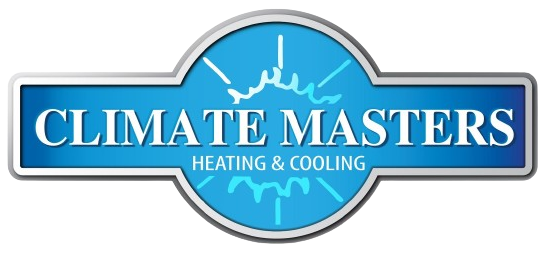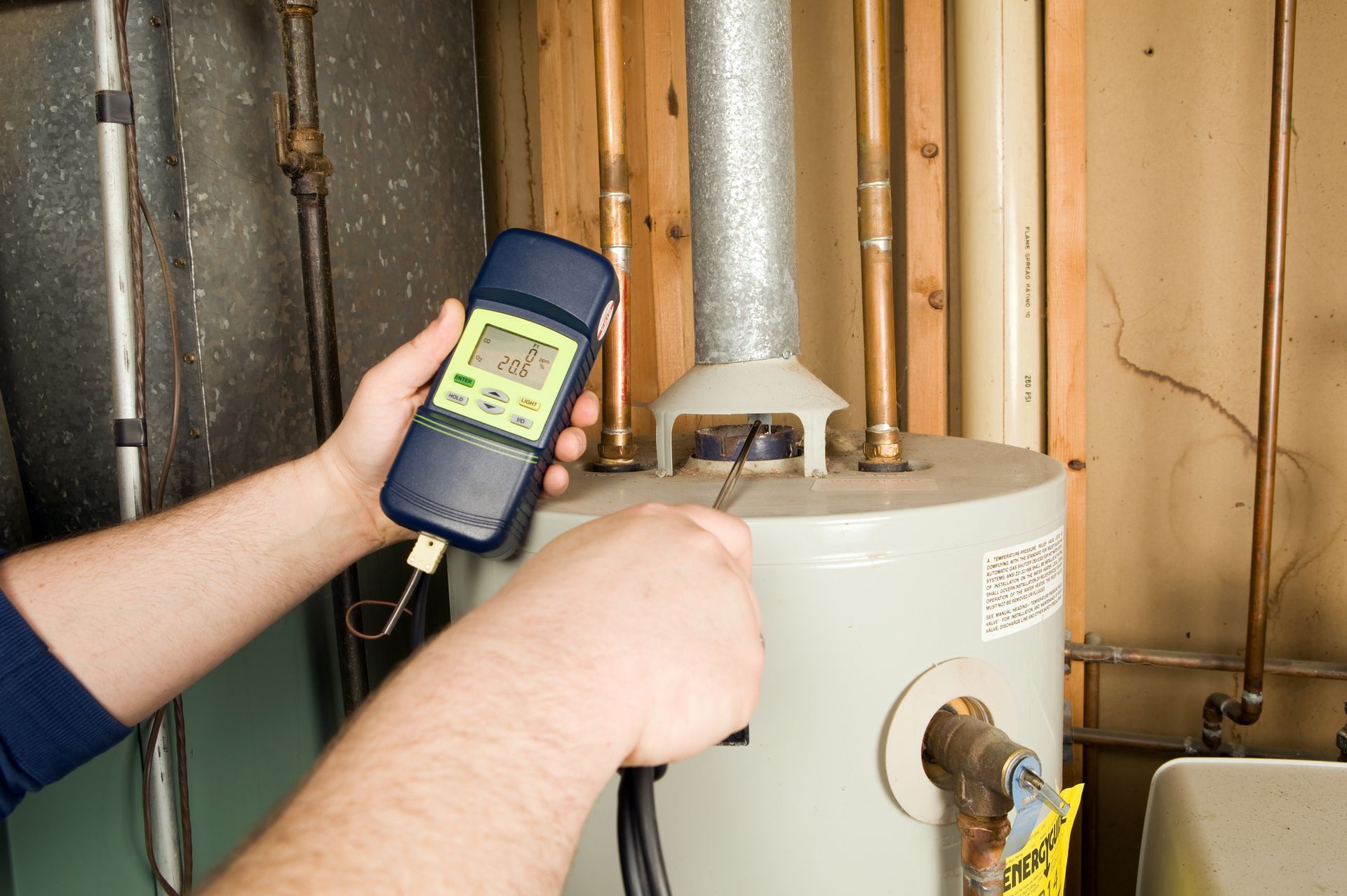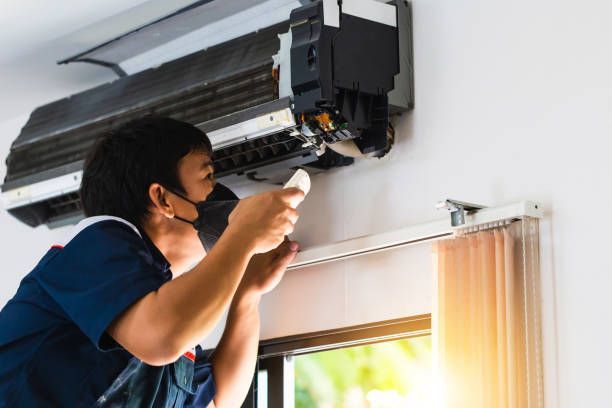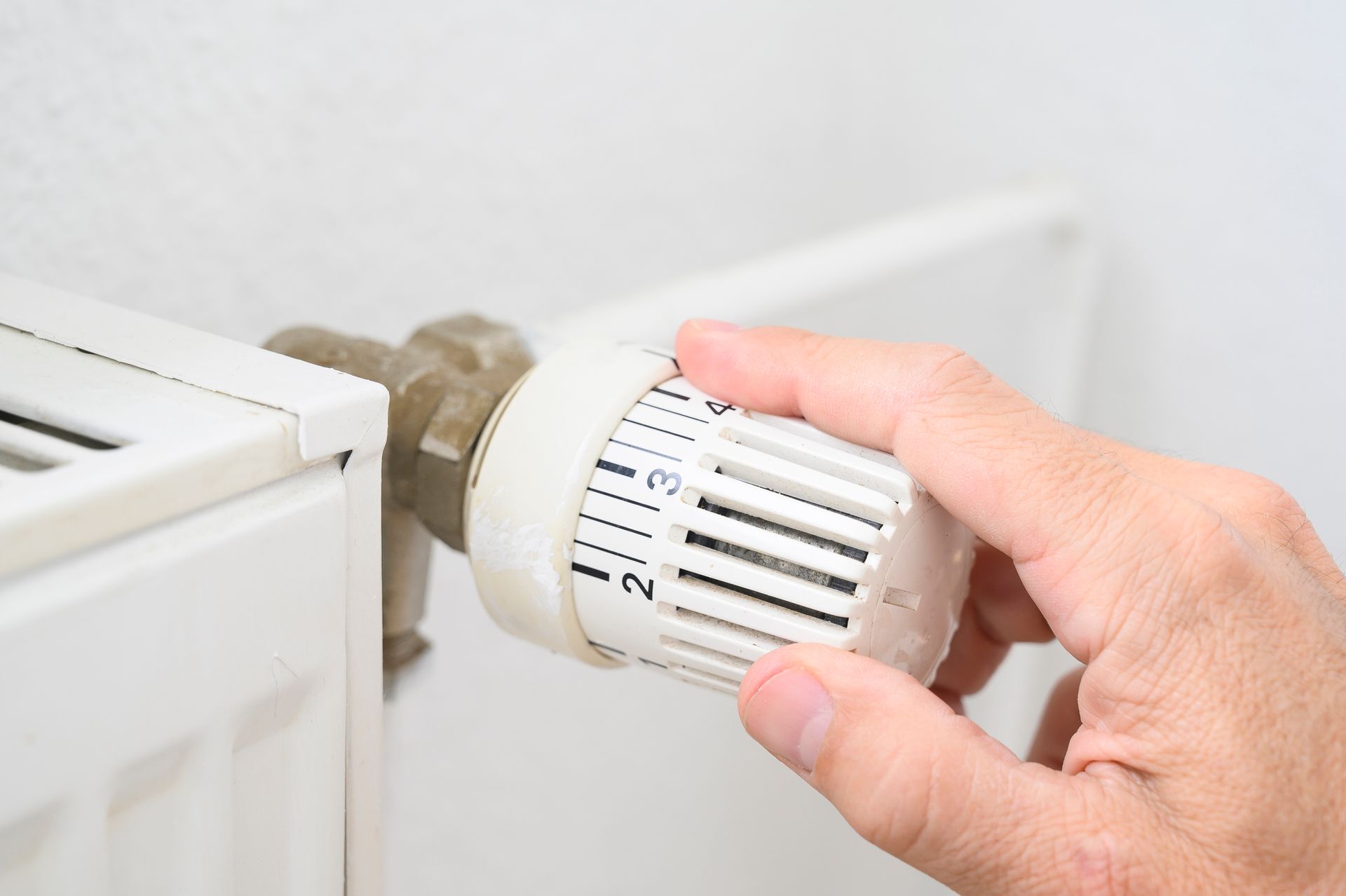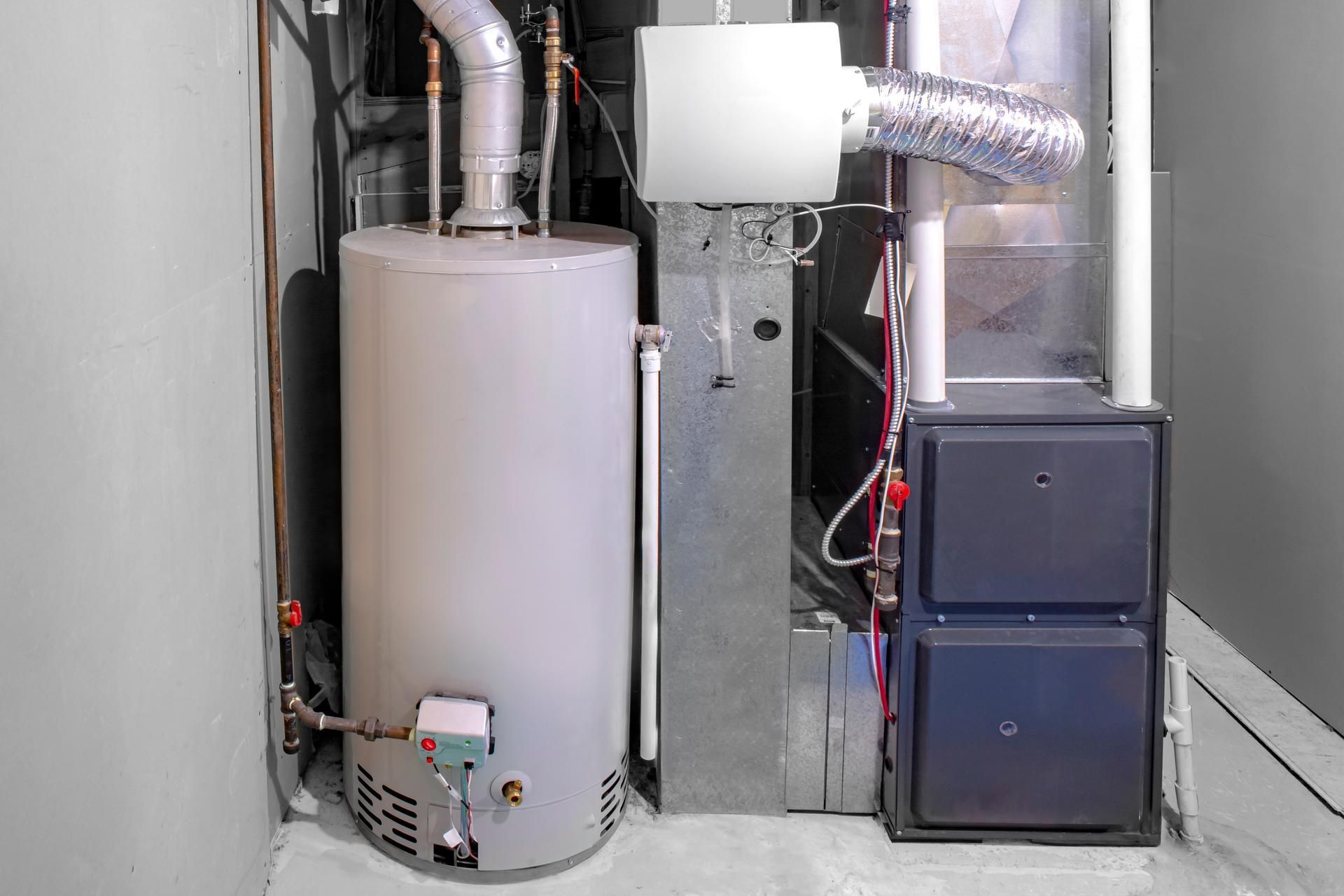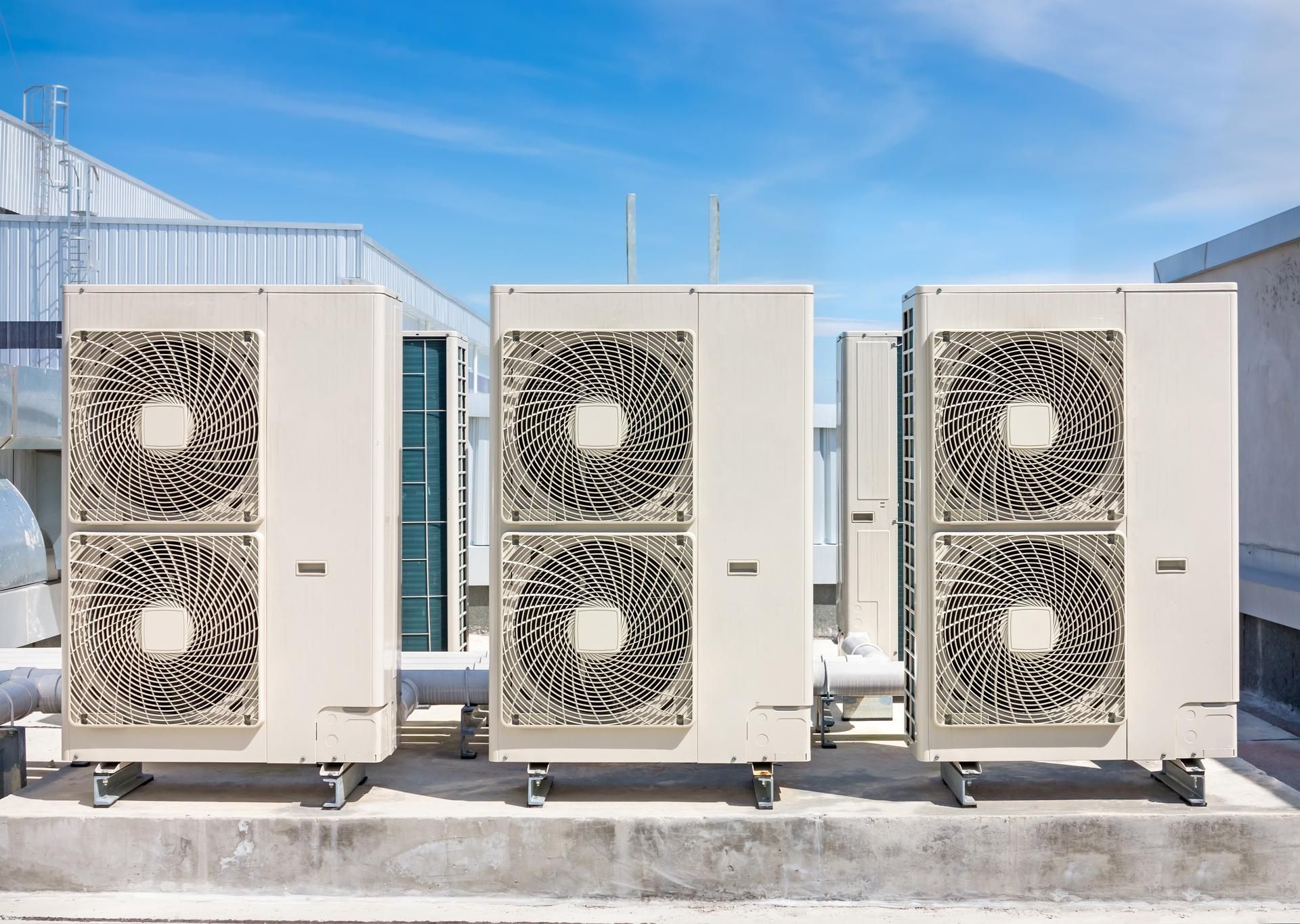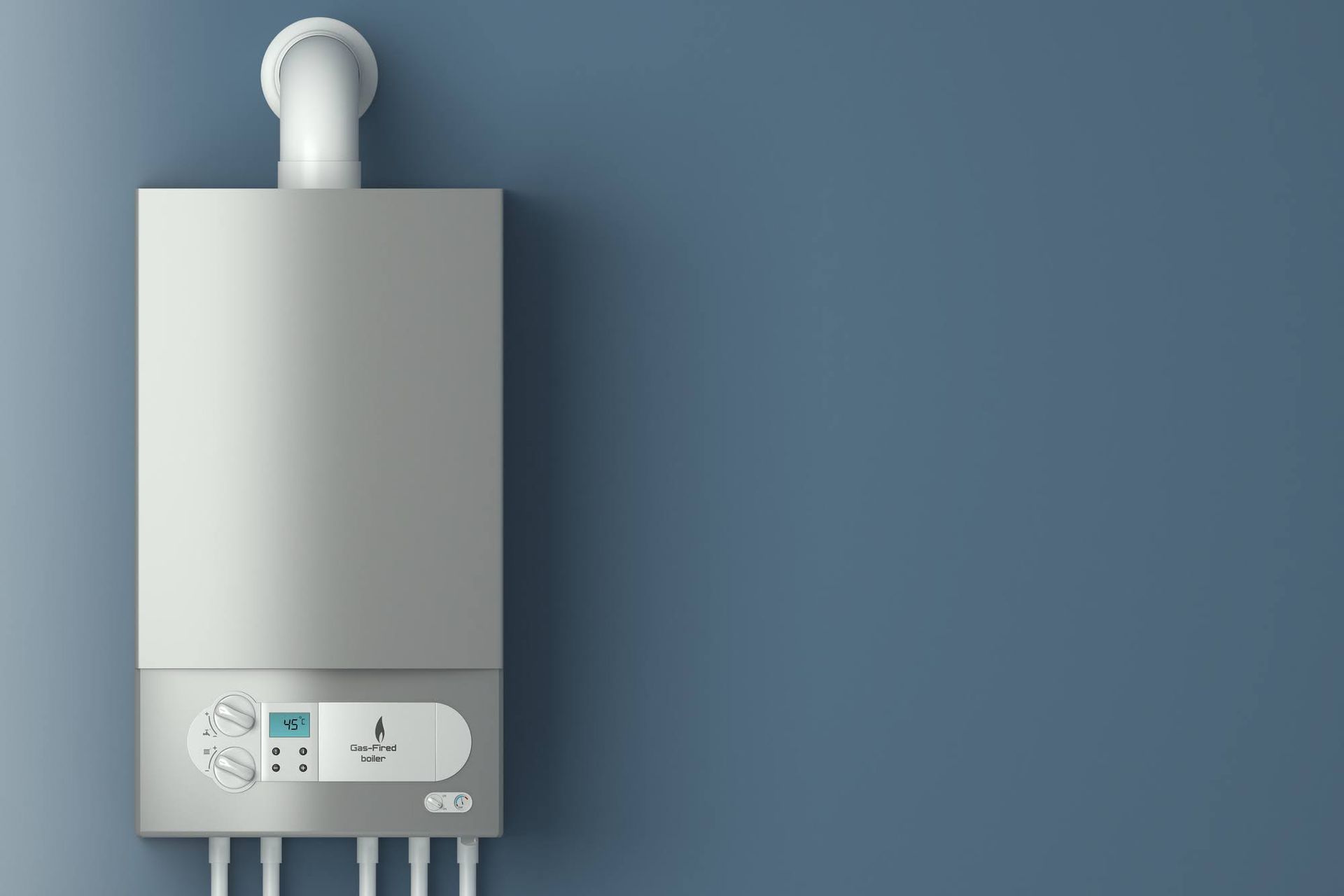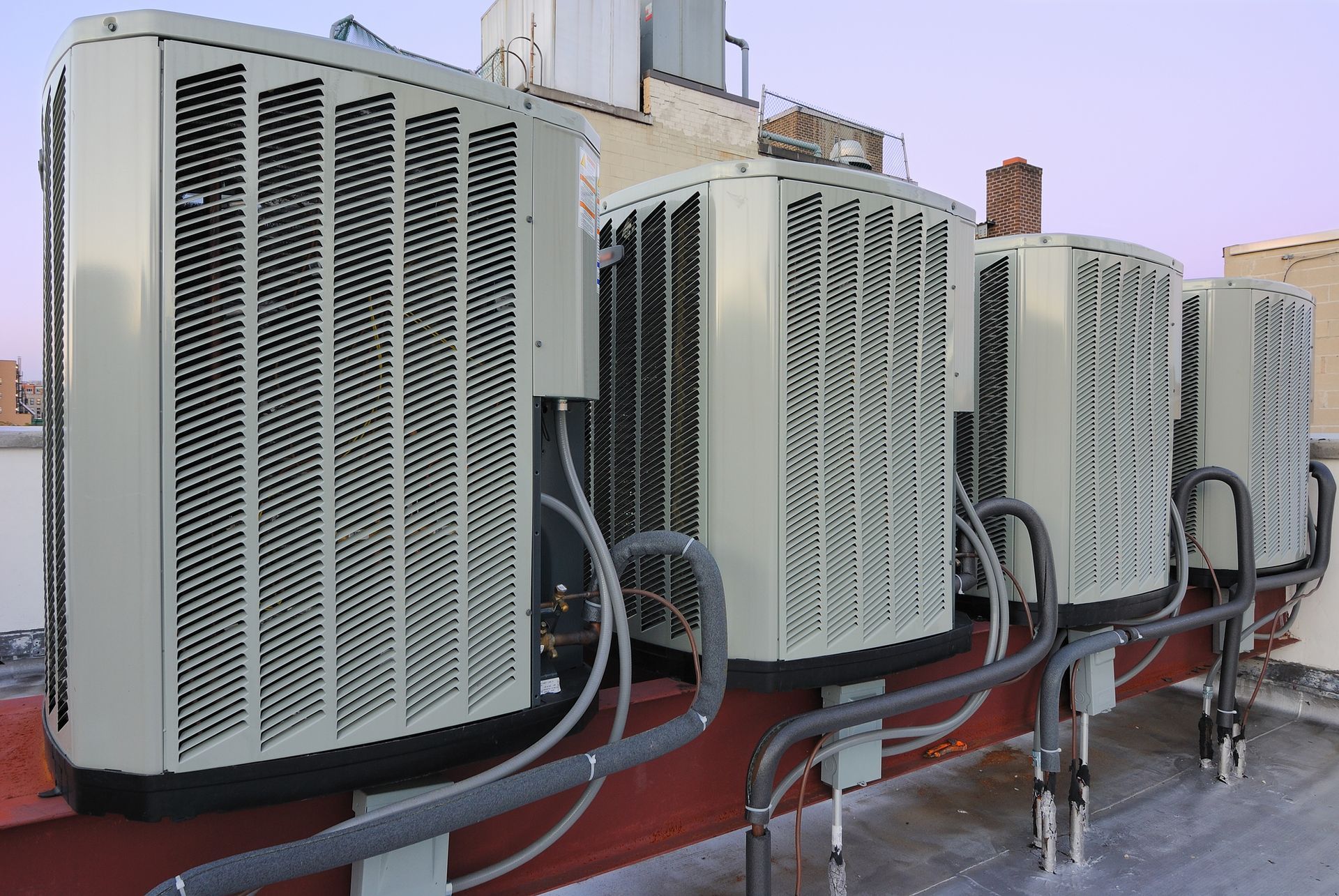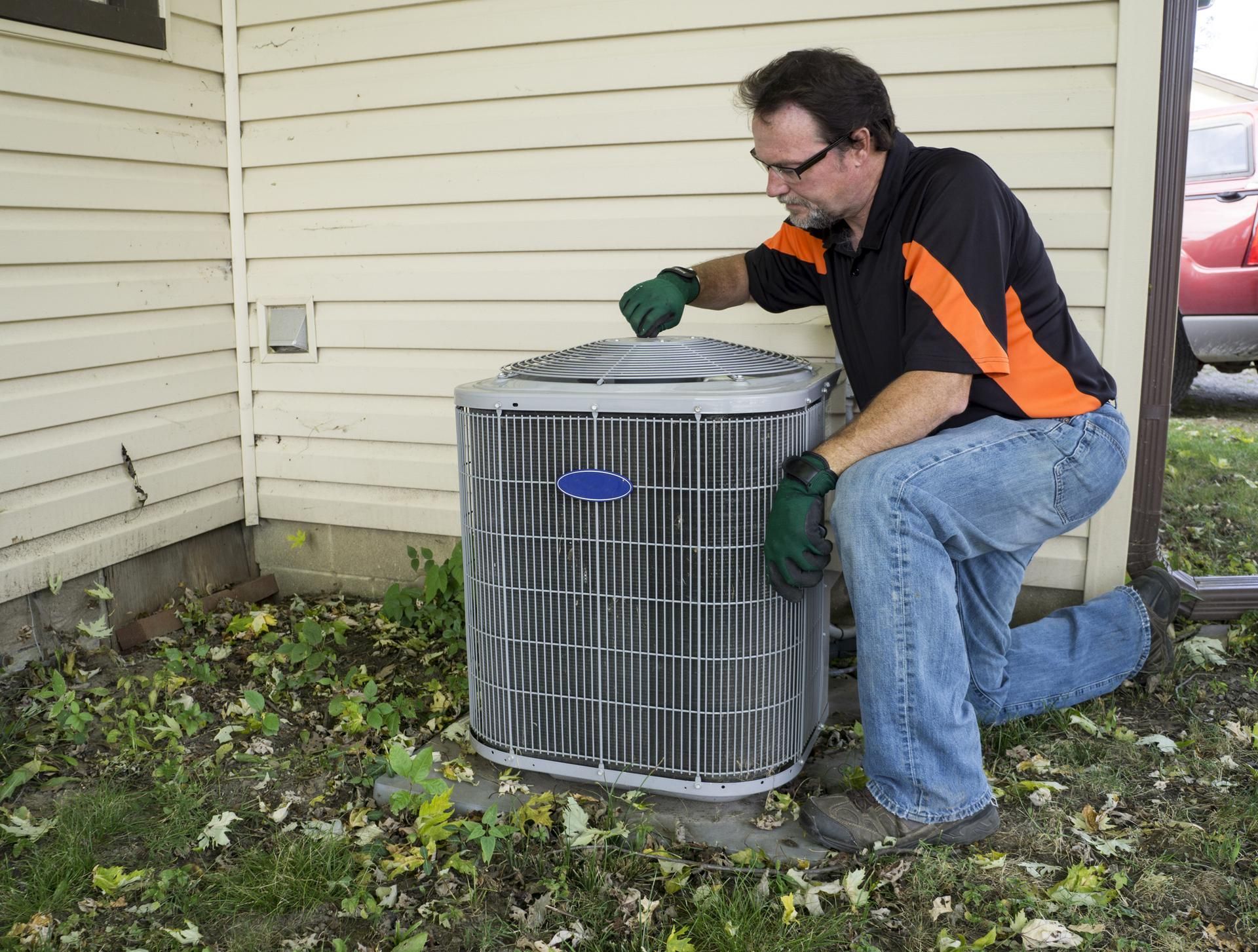How Cold Weather Can Impact Your HVAC System
As winter approaches and temperatures begin to drop, it's essential to understand how cold weather can significantly affect your HVAC system. For homeowners, ensuring your heating and cooling equipment is operating efficiently is crucial to maintaining a comfortable and energy-efficient home. Read on to explore the various ways cold weather can impact your HVAC system and what you can do to prevent potential issues.
Increased Energy Consumption
One of the most noticeable impacts of cold weather is the significantly increased demand for heating. As temperatures plummet and frost blankets the landscape, your HVAC system must work harder than ever to maintain comfortable indoor temperatures.
This means that when it's freezing outside, your heating system has to run continuously to combat the chill, which can put considerable strain on the equipment.
This increased workload not only leads to higher energy consumption but also can result in escalating utility bills that catch homeowners off guard. Many individuals often experience a spike in energy costs during the winter months, particularly if their HVAC systems are old, inefficient, or not well-maintained.
It's crucial for homeowners to be proactive during this season—considering regular maintenance checks, upgrading to energy-efficient models, or even exploring alternative heating solutions to mitigate those rising costs and ensure reliable warmth throughout the colder months.
Potential System Malfunctions
Cold weather can create a range of mechanical issues within your HVAC system, significantly impacting its performance and efficiency. One common problem during frigid temperatures is the freezing of pipes, especially if they are situated in uninsulated or poorly insulated areas of your home, such as the basement, attic, or exterior walls.
When temperatures drop, these pipes can freeze and expand, leading to potential cracks and leaks. If the pipes burst, it can cause extensive water damage, resulting in costly repairs and disruption to your home.
Furthermore, the cold can also lead to complications with the ignition system of your furnace. When temperatures plummet, the furnace may struggle to ignite or maintain a consistent flame due to the cold air affecting the combustion process.
This can lead to unreliable heating and may leave you in an uncomfortable situation during the winter months. In some cases, these issues might require professional intervention to diagnose and resolve effectively, ensuring your HVAC system can operate smoothly throughout the cold season.
Impact on HVAC Efficiency
The efficiency of your HVAC system can be significantly compromised in cold weather conditions. The accumulation of snow and ice around the outdoor unit can significantly obstruct airflow, leading to increased strain on the system and potentially causing it to work less efficiently. This strain may result in higher energy bills and a reduced lifespan for your HVAC unit.
Therefore, it's crucial to maintain a clear area around your HVAC unit, ensuring it is free from any snow, leaves, or debris that can hinder proper ventilation. Additionally, regular maintenance is key to optimal performance; this includes scheduling professional inspections to catch any potential issues early on.
Timely replacement of air filters is another essential task, as clogged filters can restrict airflow and reduce system efficiency, particularly during the winter months when heating demands are higher. By taking these proactive steps, you can help ensure that your HVAC system operates smoothly and efficiently throughout the colder season.
Protecting Your HVAC System
Preventive measures can help shield your HVAC system from the adverse effects of cold weather. Scheduling regular maintenance with a professional can ensure that all components of your system are in good working order before winter starts.
Insulating pipes and sealing any leaks in your ductwork can prevent heat loss and lower the risk of pipes freezing. Additionally, using programmable thermostats can help regulate the temperature more effectively, optimizing energy use.
Cold weather poses several challenges for HVAC systems that homeowners should not overlook. By understanding these impacts and taking proactive steps, you can safeguard your system’s functionality and efficiency throughout the winter months.
Ensuring regular maintenance and addressing any issues promptly will not only keep your home comfortable but can also save you from costly repairs or replacements in the long run. Stay warm, and keep your HVAC system running smoothly this winter when you reach out to our friendly team.

